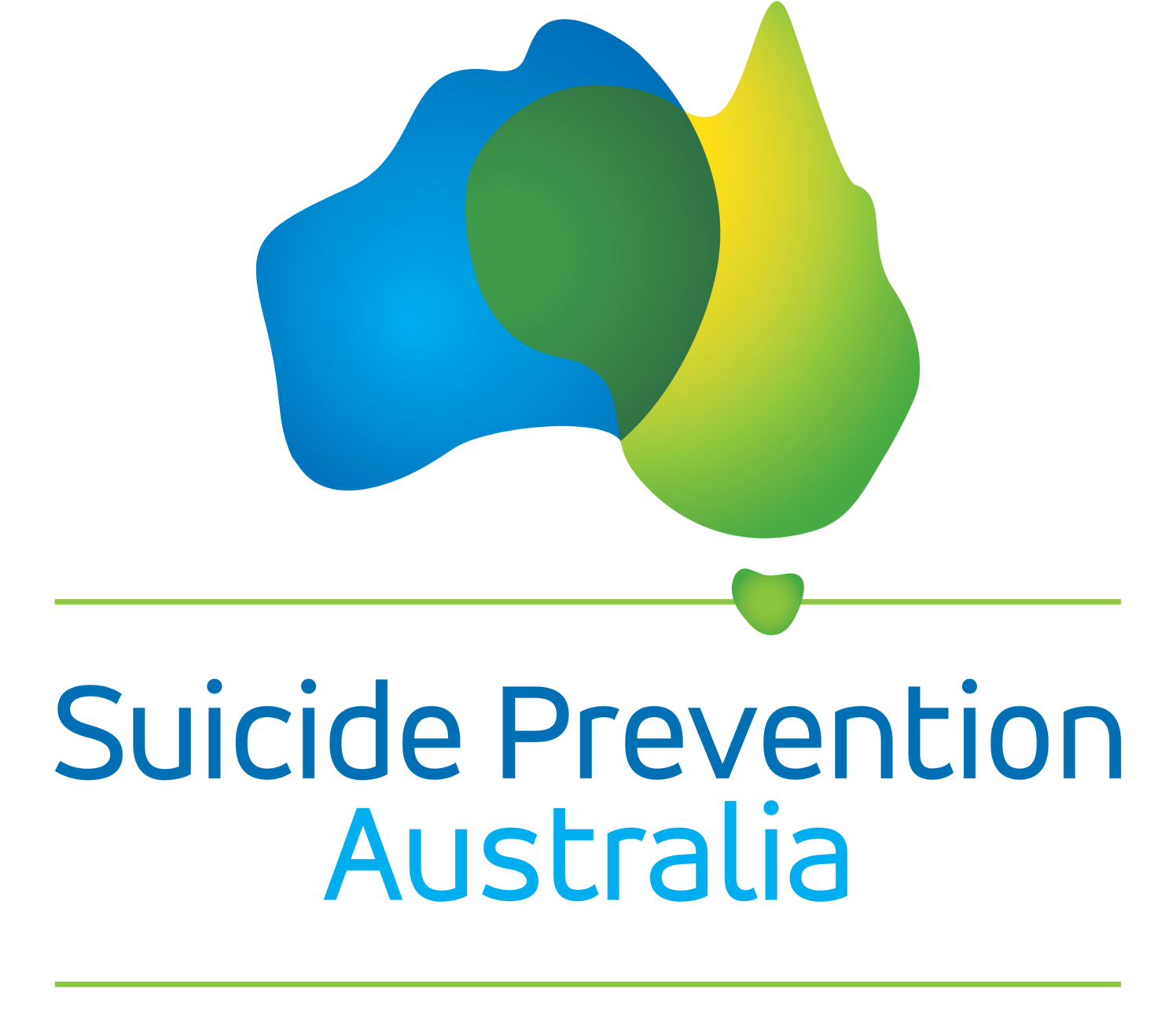Dr Tania King
 Dr Tania King of the University of Melbourne was awarded $100,000 for the Innovation Research Grant project titled:
Dr Tania King of the University of Melbourne was awarded $100,000 for the Innovation Research Grant project titled:
Workplace compensation for injury and risk of deliberate self-harm
There is evidence to suggest that the process of obtaining workcover is associated with a worsening of mental health. However, there is almost no research about the extent to which being injured and obtaining workers compensation may be a risk factor for DSH among women and men presenting to hospital emergency departments. This project aims to fill this gap in knowledge by addressing the following aims:
- To estimate the number and rate of deliberate self-harm (DSH) among people who are on workcover and who present to an emergency department (ED) in Victoria over the period 2011 to 2018
- To examine predictors of re-presentation for DSH among those who have engaged in DSH in Victoria over the period 2011 to 2018
- Using the Victorian Admitted Episode Dataset, to examine the care plans and support available to those who have engaged in DSH while on work cover in terms of whether these differ from other people who have engaged in DSH
In a statement, Dr King explains:
“It is known that work injury is a stressful experience. Furthermore, it is known that the process of making a Workcover claim can be protracted and stressful, and it is speculated that this process may be a contributing factor in some suicide cases. To date however, there has been little work examining this. This project aims to examine records for presentation at Victorian emergency departments for deliberate self-harm (DSH), and compare rates among employed people who are on Workcover, with those who are not on Workcover. It will examine whether there have been changes in presentations for DSH among those on Workcover over time, and assess reasons for this. This is especially important because prior episodes of DSH are a strong risk factor for suicide. Investigating this group may provide a means of identifying those at risk of DSH and suicide, and may also direct opportunities for intervention.”
For more information on the funding opportunities available through the Suicide Prevention Research Fund please visit this page.
